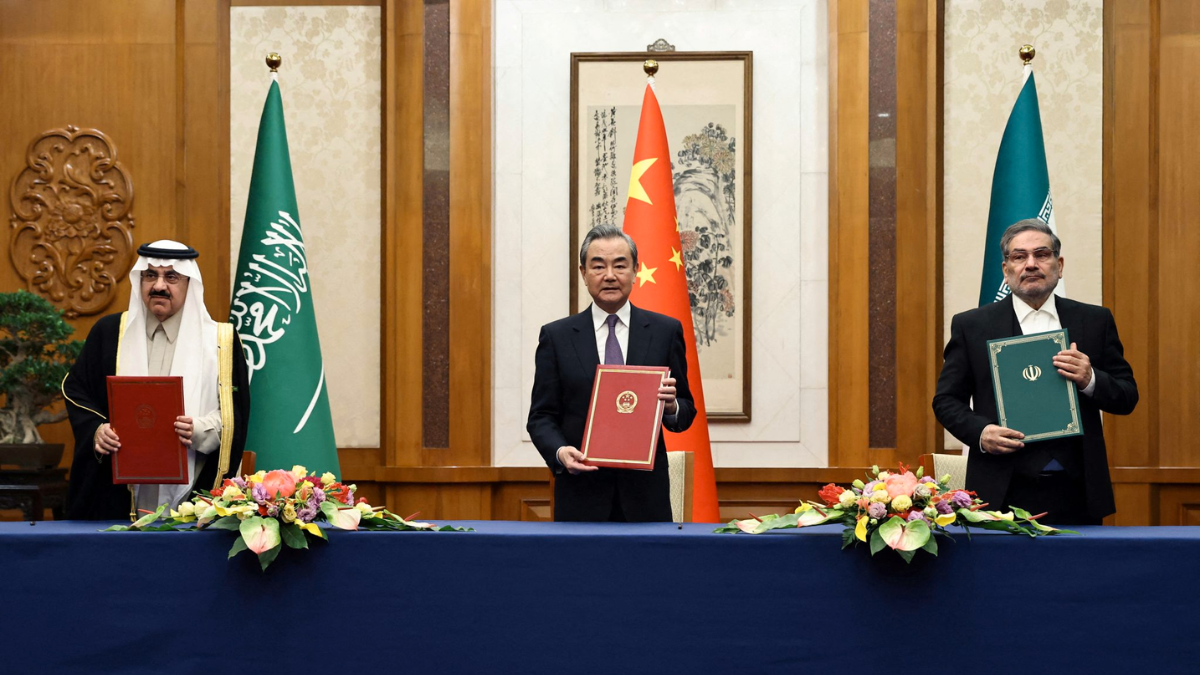China’s Middle East foreign policy has progressively positioned Iran as a main benefactor, resulting in better bilateral ties and increased regional influence for Iran. The strategic convergence of China and Iran has prepared the door for considerable economic and geopolitical collaboration, influencing Middle Eastern dynamics.
China’s involvement in the Middle East stems from its desire for energy security, regional stability, and economic interests. Iran has emerged as an important partner for China in recent years, notably with the signing of a comprehensive cooperation pact in 2021. This deal covers a wide range of areas, including energy, infrastructure, technology, and commerce, and it provides major advantages to both nations.
China’s investments in Iran’s infrastructure development, particularly transportation networks and energy projects, highlight the economic component of China-Iran cooperation. These investments not only supply Iran with much-needed finance, but they also correlate with China’s larger Belt and Road Initiative (BRI), which aims to enhance commercial connections and infrastructure across Asia, Europe, and Africa.
Furthermore, China’s growing cooperation with Iran calls into question the United States’ historic supremacy in the Middle East, as well as its attempts to isolate Iran. This strategic cooperation with China gives Iran more influence and protection against foreign criticism, strengthening its role in regional geopolitics.
China’s assistance for Iran goes beyond economic cooperation and includes political and security aspects as well. China has repeatedly championed Iran in international forums, notably about the nuclear agreement and sanctions. This political alliance allows Iran to retain regional influence while also counteracting Western pressure.
China-Iran cooperation has larger consequences for the Middle East since it influences the regional balance of power. China’s rising presence in the area, along with its strong links to Iran, has the potential to redefine geopolitical dynamics and influence the interests of other Middle Eastern powers, notably the US and its allies.
ALSO READ: Iranian draft law proposing new penalties for women defying dress code sparks debate
However, the China-Iran relationship is fraught with difficulties. Both nations have distinct interests and are subject to internal and external influences that might jeopardize the partnership’s viability. Furthermore, some regional players are concerned about China’s growing influence in the area, fearing economic dependency and possibly political ramifications.
As China’s foreign strategy in the Middle East puts Iran as a major benefactor, it highlights the region’s changing dynamics. China and Iran’s strategic cooperation has the potential to shift the balance of power, undermine regional stability, and have far-reaching implications for the Middle East as a whole.






















